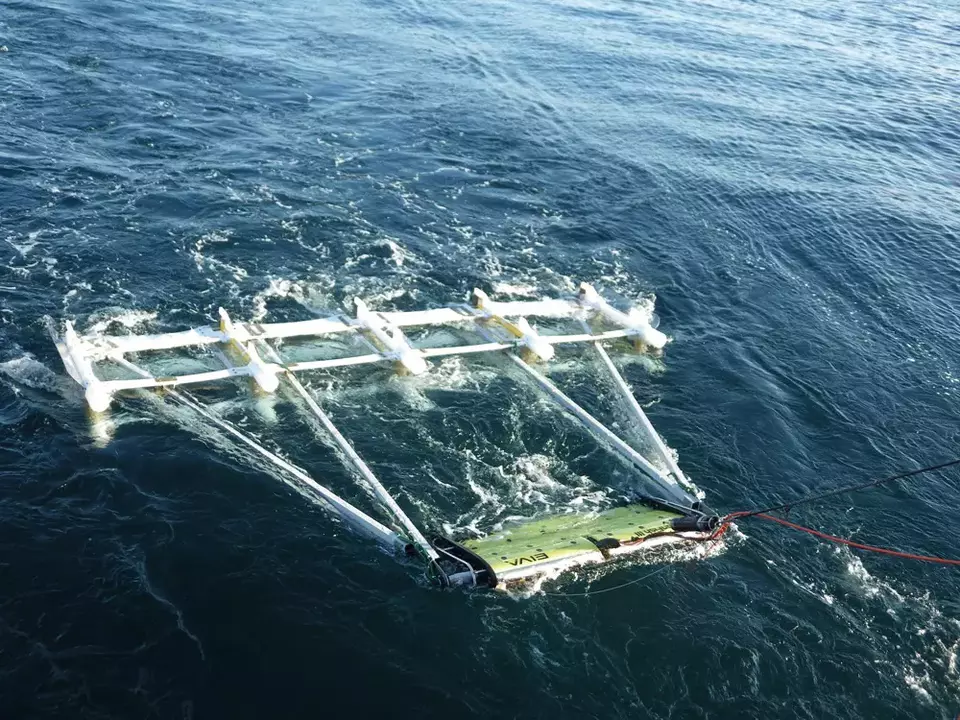Introduction
The maritime industry faces continuous evolution, with sustainability, safety, and innovation at its core. A recent notable development is Fugro’s contract with the Italian Institute for Environmental Protection and Research (ISPRA). This post explores the significance of this project, its impact on the maritime industry, and its implications for Italy’s marine and coastal ecosystems.
Fugro’s Role and the ROCA Network
Design, Implementation, and Impact
Fugro, in collaboration with Italian partners Poliservizi Srl and Prisma, is set to execute a two-year project focused on creating an offshore wave and current measurement network. This initiative underscores the maritime industry’s commitment to environmental conservation and climate change mitigation through advanced technologies. Key aspects include:
- Establishment of four seabed tsunami early-warning stations in strategic locations, such as the Sardinian Channel and the South Ionian Sea.
- Enhanced preparedness for natural disasters and their potential impacts on marine ecosystems.
Supporting National Initiatives and Marine Ecosystem Restoration
As a part of ISPRA’s Marine Ecosystem Restoration (MER) Project, this contract plays a pivotal role in:
- Restoring marine habitats and enhancing the observation of marine and coastal ecosystems.
- Mapping coastal and marine habitats across Italian waters, aligning with global efforts to combat climate change effects on coastal ecosystems.
Collaboration and Technology
The project involves Fugro designing mooring systems for buoys and installing and operating the ROCA network. Notable technological integrations include:
- Deployment of 11 SEAWATCH Wavescan buoys across various sea depths, showcasing advanced marine data gathering technology.
Technological Advancements and Data Reliability
Equipped with two-way satellite communication systems, the buoys will transmit real-time Geo-data on critical metocean parameters such as:
- Wave height and direction
- Current velocity
- Air temperature, pressure, wind speed, and direction
Conclusion: Call to Action for the Maritime Industry
As the maritime industry addresses climate change challenges, collaborations like Fugro and ISPRA’s set a new standard. This project empowers the careful management and protection of Italy’s marine resources, elevating risk assessment and mitigation strategies. Stakeholders in the maritime industry should embrace technology and environmental stewardship, fostering innovation and sustainability. By investing in smart technologies and participating in community-based environmental projects, industry leaders can secure a resilient maritime future. Stay informed about relevant advancements by subscribing to the Marine Technology Reporter and ENews Services. Together, let’s protect our oceans, supporting marine biology, coastal habitats, and the economic activities dependent on them.


Leave a Reply